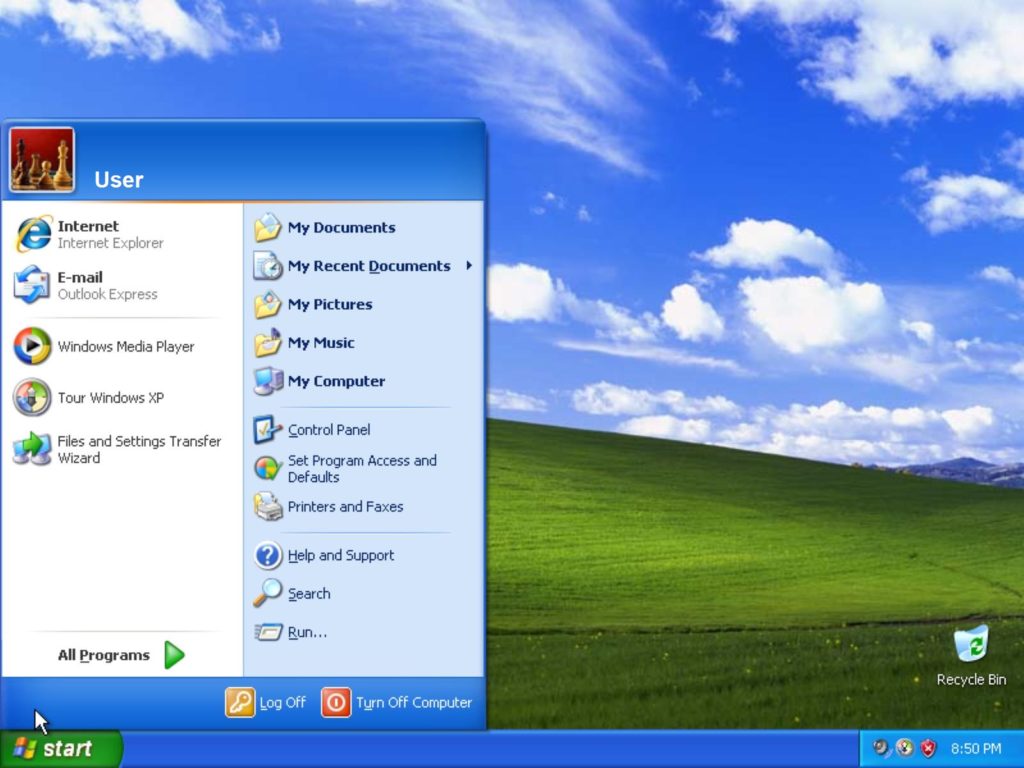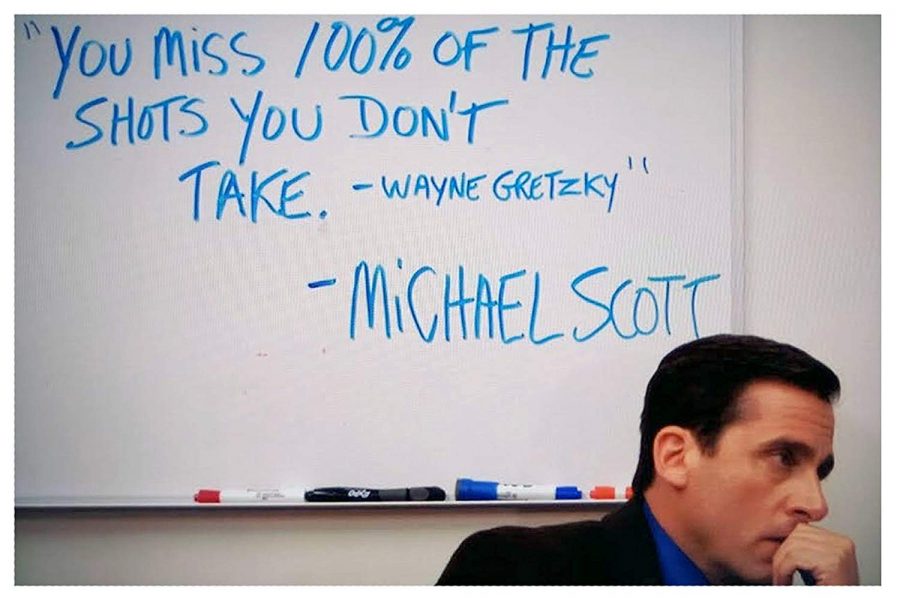
It was at Microsoft Windows Developer conference of 2000 where former MS CEO Steve Ballmer chanted the magic words “Developers, developers, developers!” soaking in sweat trying to prompt the large crowd of the event. It worked and that moment in history became a meme for the ages to share.
Developers, yes, but what was Microsoft’s angle back then? During that live event, Windows XP was being finalized to be released the next year, the XP as in “experience” for the total renewal of its approach on the PC operating system that would become an immediate success. Users left behind the dear Windows 98 and the forgettable Windows 2000 and Windows ME.
I remember quite well those years and the PC distribution suffered from the customer perspective to the point people didn’t even realize there were two OS between Windows 98 and Windows XP. Really? Yes, the potential wasn’t living up to standards of what the average user actually needed, and here we are talking major OS operations forgetting the user experience.
Has Microsoft ever proposed a UX to grace PC users that grew discontent over the years because the excessive weight was put towards developing useless apps? It took decades to provide the average MS user the ability to use a PC without asking their kids or grandkids how to connect to the internet, how to install software, and how to find specific but essential information like the network name or the network password.
Seems pretty jolly work for today’s standards, yet while MS users suffered in pain across the 90s and the 2000s because of poor software feedback and other UX malpractices, Apple and Linux were taking notice from afar watching every step Microsoft took. While Microsoft followed the typical strategy of overwhelming the user with as many features as developers could come up with, the actual user was just looking to write documents, read email, doodle with MS Paint for fun.

Windows XP was the right approach to a friendly UX, but despite its success, its direction was discarded when new projects were released.
Windows XP had the right pedigree to become a beacon for users in experiencing a better software environment: its colours, shapes, icons, features, were right and users felt comfortable around a new OS development approach. We can say this OS popularized and made it easy for new users to approach the digital world, especially when owning a computer at home back in 2001 when it became popular to do so.
It’s the end of 2001 when Windows XP is released, September 11 just happened and the world is in shambles. People are slowly acknowledging computers as a major and essential furniture in the household, just like the over, the dishwasher, or the washing machine. Soon after these computers will connect to the internet changing the lives of millions of people at the time.
The months flipped fast off the calendars from the wall, it’s years now and we witness the release onto the market of Windows Vista, a total change from the UX and UI of Windows XP trying to on and off take sips from the Apple’s dimension and creativity. Then Windows 7 in 2009 taking us back to familiar and safe waters by providing the user with an experience capable to work well at home and at the office.
Three years later millions of users would be introduced to Windows 8 marking a drastic setback in UX discounting years of progression. This latest OS release was a sneak preview and overzealous move by Microsoft to introduce us to tablet UI systems: programs are now apps, icons are all available upfront without using the Start button (apparently), Microsoft Marketplace wants to disrupt the app distribution system by gatekeeping the PC world.

Paint 3D, a very useful app…
But let’s not forget about developers, developers, developers, since Microsoft placed a hefty value and pressure on the role of developers to enhance the perceived image at their root concept. This because MS perceived product and service creation as a pure work of back-end software programming, excluding the UX process that would get the user comfortable with the latest releases; instead the Gate’s boys insisted on providing solutions from the developer’s perspective only, skipping the fact that whatever Microsoft did was being given to teachers, plumbers, dentists, librarians, shop keepers; basically a whole world apart from the C++ and C# software developers.
What about web developers? Remember when Windows had that cozy program called FrontPage where you could create your basic website? FrontPage existed from 1995 to 2007, retired when Web 2.0 started to grow unleashing its potential as social platforms like Facebook, Reddit, Twitter, Youtube, rose to the top of society’s digital communication channels. There Microsoft lost its chance to beat Adobe to the punch by not making its own tool to develop web pages, and to integrate such tool in its MS Office package.
But we all know the sad story of Microsoft being ahead of its time and being unable to capitalize on its own creativity and potential, almost like a first-born child that never believed in his true potential and let the younger brothers lead his existence. This has given Apple and other competitors room to grow over the years taking notice of what MS didn’t have the courage to push through. Not many can remember the 2003 Microsoft/HP tablet sporting Windows XP and being ahead of the whole game in terms of portability. It was the Microsoft Window For Pen Computing, a new way to look at portable devices through the aid of a flat computer using a pen instead of a mouse, just like pen and paper with a notepad.
For me Microsoft is like the first car you ever drove: your newest and best experience happens there when young and full of hope, much like the joy of freedom going to pick up your friends Saturday night for a spin and something to eat, or when you go pickup your date and make love folding back the seats. The best memories are there and will be forever with you even if along your path you meet new friends like Apple, Linux, that change your philosophy on how hardware and software should be designed and produced.

This is not a post against developers, it’s a post against missed opportunities and that daredevil attitude which faded away from companies that once were eager to change things around, and they wanted to do that because they had the ability to create something to improve the user experience of millions of people. If Steve Jobs said “Stay hungry, stay foolish” it was because that mindset allowed Apple to win the fight knowing they had to fill their stomach by putting something on the table; however, when you stuff yourself beyond the primary needs, you loose any incentive to be foolish by not being hungry anymore, and that’s what happened to Microsoft.
Happy new year and happy wireframing!